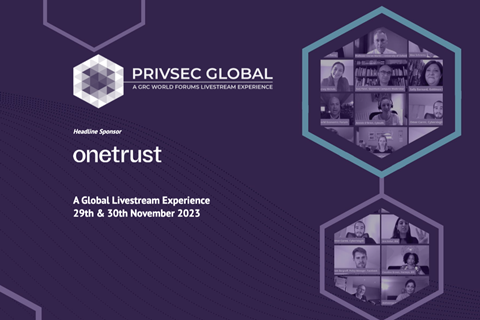OpenAI, the brains behind ChatGPT, is preparing to reveal significant upgrades that will render its AI models more affordable and versatile.
The revelations will break at Open AI’s developer conference, taking place today in California. The conference marks OpenAI’s significant step from being a consumer attraction to transforming into a leading developer platform.
While the conference takes place in a quiet corner of San Francisco near the City Hall, the event is drawing in crowds of developers from across the globe. The nascent AI sector has emerged as a beacon of hope for San Francisco’s economy as the city pushes on to recover from the challenging times of the health crisis.
Having operated in the background for years, OpenAI catapulted into the limelight last November when it unleashed ChatGPT, the chat engine that has swiftly become a Silicon Valley icon of the era. It is now recognised as one of the world’s fastest-growing consumer applications. Hoovering up past data, the generative AI puts together fresh content, and can create anything from poems, to jokes, manuscripts, software code, product descriptions and even books.
Fuelled by substantial investments from Microsoft, OpenAI has solidified its position as the go-to choice for any number of tasks for users across multiple sectors and industries.
OpenAI is also anticipated to unveil updates aimed at significantly reducing costs for its developers and introducing new vision capabilities. Bringing down budget costs is needed to address anxieties of partners whose spending on OpenAI’s potent models could escalate rapidly as they strive to establish sustainable AI software businesses.
The introduced vision capabilities will empower OpenAI’s wizardry to analyse and describe images, paving the way for developers to create innovative applications spanning fields from finance to marketing and healthcare.
Another potential announcement revolves around the ability add finesse to GPT-4, OpenAI’s cutting-edge AI model, slated for release in the autumn. The enhancements are meticulously crafted to direct companies towards wider use of OpenAI’s technology, enabling them to develop AI-driven chatbots and independent agents capable of executing major actions largely free of human interaction.
Speaking exclusively to GRC World Forums, Erin Francis Nicholson, Global Head of Data Protection & Privacy, Thoughtworks, commented on data privacy issues that ChatGPT throws up:
“ChatGPT was trained on large swathes of the internet, which obviously contains so many people’s personal data, and ChatGPT processes that data. The owners might cite legitimate interests for that processing, but they haven’t notified people about it,” Erin said.
“ChatGPT only knows what it’s learned and can’t discriminate fact from fiction. If it has scraped material that’s twenty years old, depending on the industry, then that information might not be accurate anymore,” she added.
Know the risks
Company CEO, Sam Altman has spoken of his desire to make OpenAI an indispensable resource for app-creating firms. But as reliance on the platform spreads, what are the implications for the safety of personal data?
The themes fall into sharp focus at PrivSec Global this month, where experts will debate Chat GPT’s potential impacts on the data protection and privacy landscape.
Don’t miss these exclusive sessions, only at PrivSec Global:
Related Sessions:
→ ChatGPT: the data privacy nightmare?
- Day 2: Thursday 30th November 2023
- 11:30am - 12:15pm GMT
ChatGPT has taken the world by storm. Within two months of its release, it reached 100 million active users, making it the fastest-growing consumer application ever launched. The problem is that the wizardry is fuelled by our personal data. This raises key privacy issues, especially against the UK GDPR. Is it time to regain control?
→ Ethical AI in principle: Innovation overtaking human rights?
- Day 2: Thursday 30th November 2023
- 12:30 - 13:15pm GMT
The intersection of artificial intelligence and privacy continues to attract attention, with a focus on ensuring that AI systems respect individual privacy rights and avoid discriminatory practices.
As technology races forward and regulatory efforts strive to catch up, the question emerges: Are we shaping a sustainable ethical future amid rapid advancement?
Join experts at PrivSec Global for an update on your jurisdiction Data Protection Law, and have your questions answered.
Click to see the full agenda at PrivSec GlobaL.
Discover more at PrivSec Global
As regulation gets stricter – and data and tech become more crucial – it’s increasingly clear that the skills required in each of these areas are not only connected, but inseparable.
Exclusively at PrivSec Global on 29 & 30 November 2023, industry leaders, academics and subject-matter experts unite to explore these skills and the central role they play within privacy, security and GRC.













No comments yet